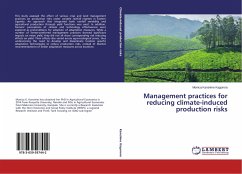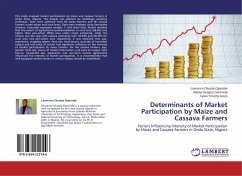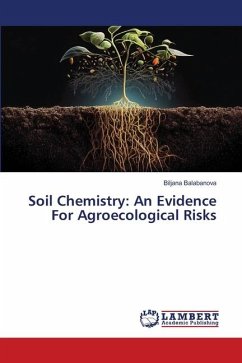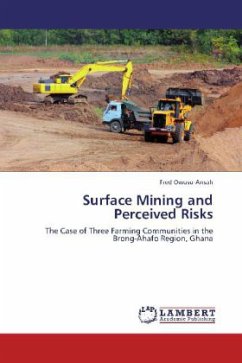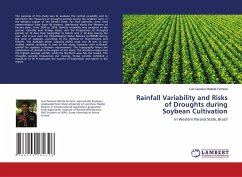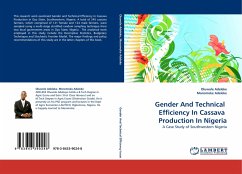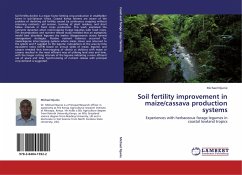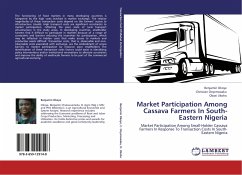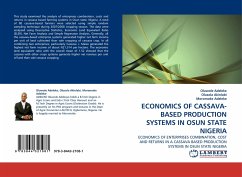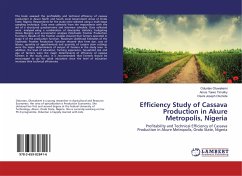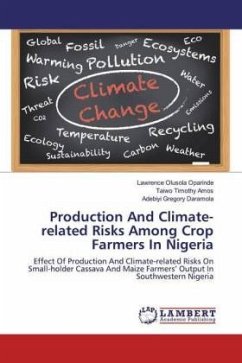
Production And Climate-related Risks Among Crop Farmers In Nigeria
Effect Of Production And Climate-related Risks On Small-holder Cassava And Maize Farmers' Output In Southwestern Nigeria
Versandkostenfrei!
Versandfertig in 6-10 Tagen
41,99 €
inkl. MwSt.

PAYBACK Punkte
21 °P sammeln!
This study examined the effect of production and climate-related risks on small-holder cassava and maize farmers' output in Southwestern Nigeria. Cross-sectional and time series data were used for this study. The analytical tools used in the study are Descriptive statistics, J-P (Just and Pope) Production Function Model, Growth Function Analysis, Stochastic Frontier Translog Cost and Production Function Analysis, Auto-regressive Distributed Lag (ARDL) Model Approach to Co-integration and Ordered Probit Regression Model. The study concluded that quantity of cassava cuttings, quantity of fertili...
This study examined the effect of production and climate-related risks on small-holder cassava and maize farmers' output in Southwestern Nigeria. Cross-sectional and time series data were used for this study. The analytical tools used in the study are Descriptive statistics, J-P (Just and Pope) Production Function Model, Growth Function Analysis, Stochastic Frontier Translog Cost and Production Function Analysis, Auto-regressive Distributed Lag (ARDL) Model Approach to Co-integration and Ordered Probit Regression Model. The study concluded that quantity of cassava cuttings, quantity of fertilizer, proportion of family labour and farm size increased the production risk of the cassava farmers in the study area, while quantity of seed and fertilizer increased the production risk of the maize farmers in the study area. Temperature increased the production risk of the cassava and maize farmers in the study area. Temperature, rainfall and relative humidity were important climate factors that influenced the output of both cassava and maize in the long and short run in the area. Majority of the respondents in the two enterprises were risk averse and risk neutral.



